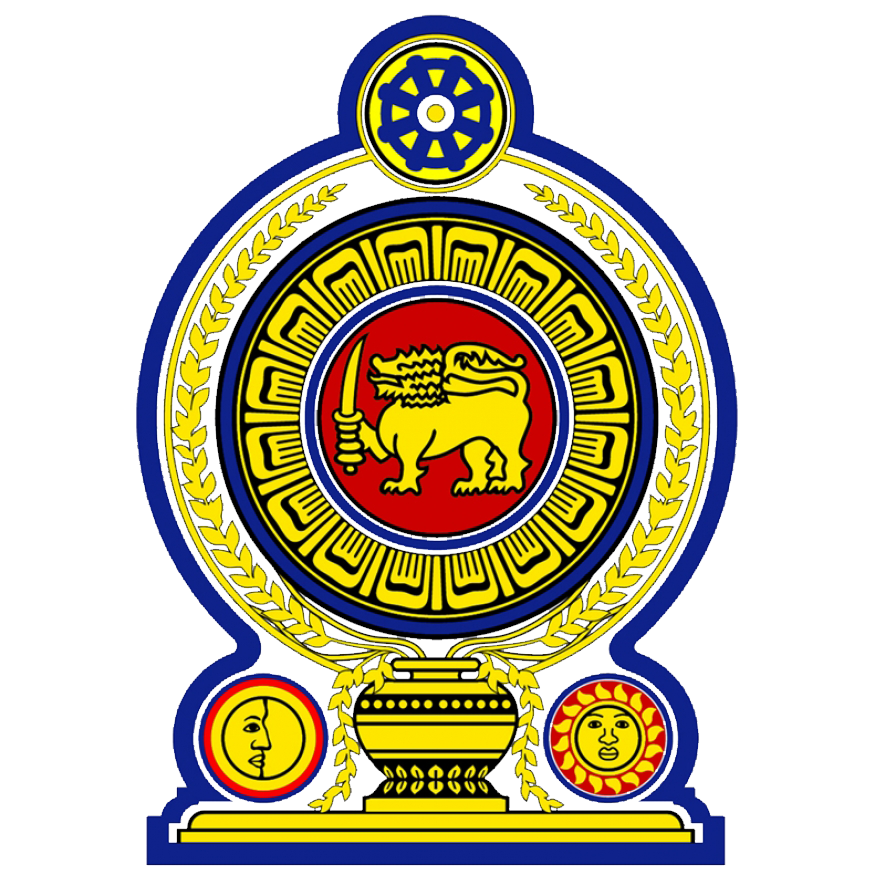
Across the country, climate change related weather aberrations and extreme weather events are becoming increasingly common. The increased intensity of rainfall, frequency of flood and drought incidence in the last ten years, has caused severe hardship to poor farmers across Sri Lanka impacting mostly on agricultural workers in the Dry Zone. 2015 witnessed a significantly higher incidence of high rainfall resulting in localised floods, especially in the post-war North5, affecting roughly 31,500 people, and landslides in 3 districts, affecting 295 people and leading to 7 deaths In addition, droughts affected 7 out of 25 districts and roughly 258,000 people.
The impacts of climate related rainfall variability and extreme events directly affect incomes and food security of Dry Zone farmers and compounds existing vulnerabilities owing to poverty, low incomes, and recovering from three decades of conflict. According to IWMI (2010) farming districts in the dry and intermediate zones are more sensitive to climate change than the rest of the country due to land degradation and heavy reliance on primary agriculture. Recurrent hydrological disasters have eroded the coping capacity of Dry Zone communities making them even less able to plan for and overcome climate-related variabilities in water availability. Climate-change induced droughts also impact access to reliable drinking water as they reduce the sufficiency of water supply and falling water volumes increase the concentration of pollutants. Floods also affect the water quality of drinking water sources, by directly polluting the sources as well as by destroying village irrigation reservoirs that provide a source for drinking water. Farmers in the Dry Zone are also increasingly exposed to water related chronic illnesses such as kidney disease. High rates of morbidity and mortality among young male farmers are reported in the north central and northern provinces.
Women and youth in the Dry Zone communities are particularly more vulnerable to climate change impacts. Women’s role in the household care economy makes them more vulnerable to climate change and disasters due to impacts on household water availability, health of family members and safety of domestic assets such as livestock. Women traditionally manage household water, family gardens and livestock and are in the frontline of managing impacts of reduced water availability and disaster impacts. This affects their own intra-household food security, which can be exacerbated during extreme climate events and in the aftermath of a disaster. Women take full responsibility for the care of children, the disabled and the elderly. In the Dry Zone districts of Sri Lanka, the impact of the war and disease has left a number of women widowed and pushed others into precarious work, in Sri Lanka and overseas, as domestic migrant labor.
Within selected cascades the Project will target households meeting the vulnerability criteria (one or more) for specific investments in climate-smart agriculture, rainwater harvesting, community water supply programmes and flood early warning advisories, including: